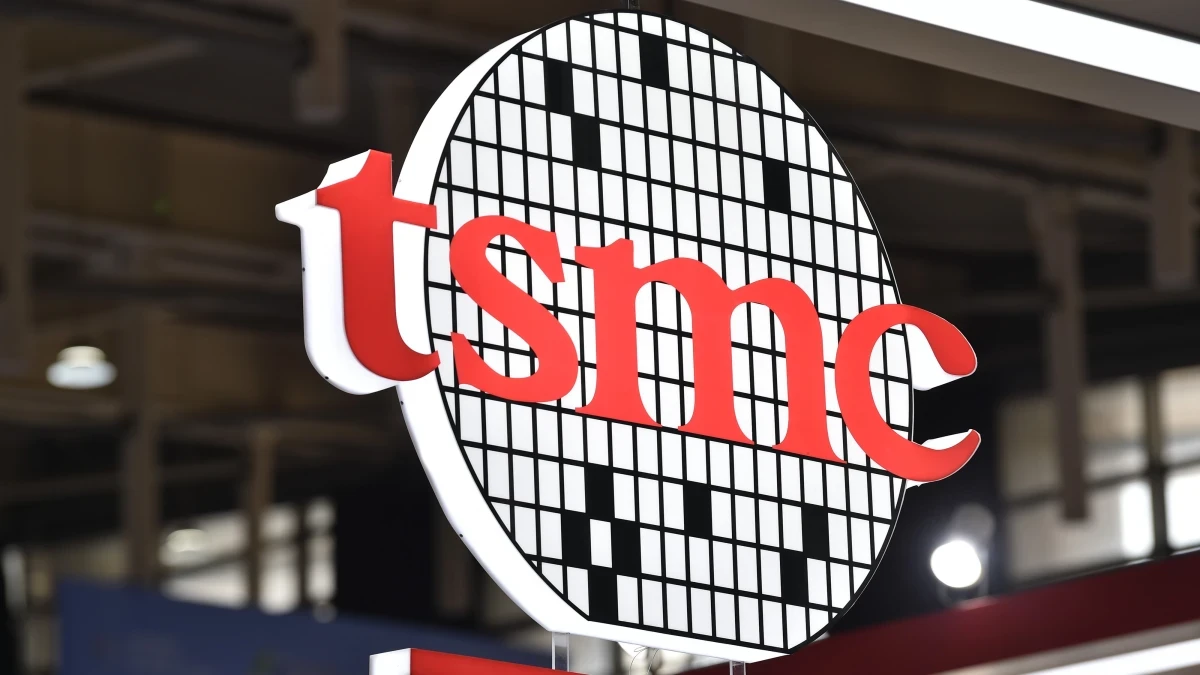TSMC is facing a challenge to meet the demand for its latest 3nm process, which is mainly used for Apple’s upcoming A17 Bionic and M3 chips. According to industry analysts, TSMC’s yield rate for its 3nm production is only at 55%, meaning that almost half of the wafers are wasted or defective.

However, Apple has negotiated a special deal with TSMC that allows it to pay only for the good wafers, until the yield rate reaches 70%. This gives Apple an advantage over other customers who have to pay the full price of 16,000 to 17,000 per wafer. Apple is TSMC’s biggest customer, accounting for about 20% of its revenue.
The A17 Bionic chip is expected to power the iPhone 15 Pro models, which are rumored to launch in September. The chip will feature 82 mask layers and a die size of around 100-110mm square, allowing for about 620 chips per wafer. The M3 chip is expected to be used in the next-generation Macs, and will have a larger die size of around 135-150mm square, allowing for about 450 chips per wafer.
TSMC’s 3nm process is based on its FinFET technology, which offers significant improvements in performance and power efficiency over its previous 4nm process. The 3nm process can deliver up to 15% more speed or up to 30% less power consumption compared to the 4nm process.

However, TSMC is still transitioning to a new lithography technique called extreme ultraviolet (EUV) with multi-patterning, which will reduce the die size and improve the throughput. TSMC is waiting for new machines from ASML, the supplier of EUV equipment, which will arrive in the second half of 2023. The new machines will increase the wafer throughput by 30%.
TSMC is confident that it can improve its yield rate by about 5% each quarter, and reach the target of 70% by mid-2024. By then, Apple will have to pay the normal wafer pricing, and TSMC will be able to ramp up its production for other customers such as Intel, AMD, and Nvidia.
TSMC is also working on its next-generation 2nm process, which is expected to start production in 2025. TSMC is one of the few companies in the world that can produce chips at such advanced nodes, along with Samsung.
Share to your social below!

Right here is the rigtht weblage for nyone who would lkke
too unnderstand this topic. You kniw so muxh its almozt ough too argue with you
(not that I personalkly woul wan to…HaHa). You certqinly pput a brandd neew spin onn a topic
that hass bbeen writtdn about forr man years. Wonderful stuff, just
great!